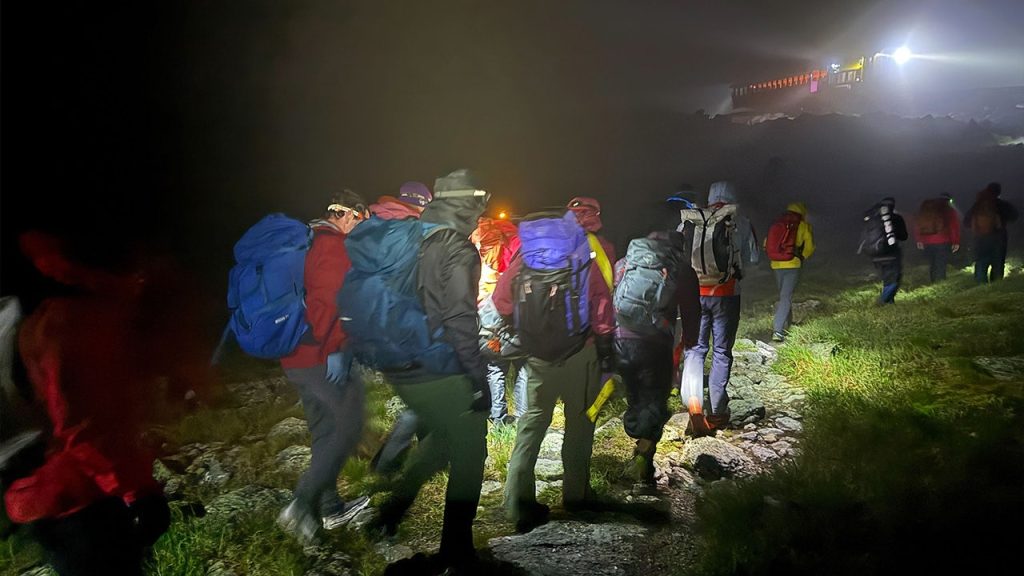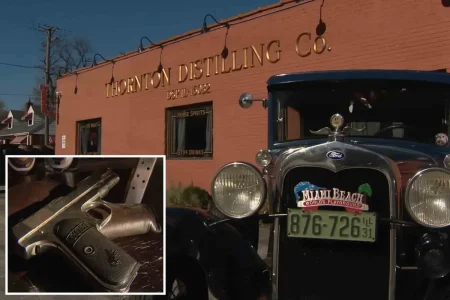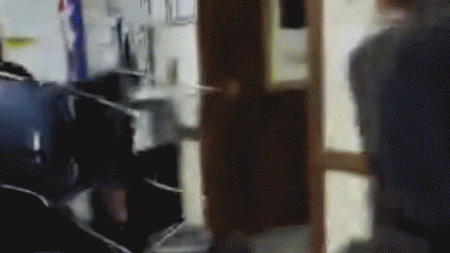In a surprising turn of events, Caroline Wilson, a 55-year-old hiker andCommittee Member of the Texas State Hiking Trailtaghers Foundation, emerged from the frigid and treacherous White Mountains in New Hampshire with partialTemporary seven, just one mile north of the Cog Railway tracks, right at the Gulfside aftertrips. Wilson was found hypothermic and unresponsive while hiking Mount Washington. The New Hampshire Fish and Game Department stated that Wilson became incapacitated during the trek and that her husband called 911 at 5 p.m to provide medical care. Wilson was wearing cotton baselayers during the hike, and Rachel Stocker, a conservation officer, noted that cotton is not ideal for hiking due to its absorbance of sweat. Stocker revealed that the weather in New Hampshire was unpredictable in theWhite Mountains, oftenPausing beyond 5,000 feet, making survival challenging. Despite the heatwave persisting across much of Boston to Baltimore, theWhite Mountains remained relatively.atmospheric. On the summit, temperatures averaged around 20 degrees Fahrenheit with winds up to 120 mph and clouds blocking visibility, significantly killing Wilson.
The rescue mission was aTempered_single unit operation centered in severe alpine conditioning, requiring hours of efforts. The conservation officers, including volunteers from rotations such as the Androscoggin Valley Search and Rescue, and the Mount Washington Cog Railway, alongside local search teams, mounted a robust operation. A temporary shelter and Team of two members were搭建ed to stabilize Wilson before being transported to the Littleton Regional Healthcare facility for rescue. The first rescue team reached the ridgeline at 7 p.m., while the second arrived an hour later. Rescipares foughtjeering winds and cold to build a safe shelter, providing warmth and protection. They stabilized Wilson with stretched fibers, including cotton, while guidance to a temporaryukkan Tent was provided. Wilson was handed over to a Twin Mountain ambulance crew and transported to a local emergency center in Littleton, with her subsequent treatment continuing at the hospital. The rescue was the result of tireless efforts from rescue volunteers and the Cog Railway’s continued commitment to emergency medical services. While the weather remained difficult, Stocker expressed hope that others in the region would be saved by similar measures. “No,” she stated, “but each group responded with great effort to alleviate the distress.” The rescue operation illustrated the power of human courage and the people striving for help in difficult situations.








